
Nigerians, especially in the northern region, are expressing deep frustration over the recent 50 percent hike in telecommunications tariffs approved by the Nigerian Communications Commission (NCC), describing the development as punitive and poorly timed.
The tariff adjustment, which took effect in January 2025, has triggered widespread outcry, with many lamenting its impact on daily living, business, and education in a country already battling rising inflation and multidimensional poverty.
For Zainab Idris, a single mother and food vendor in Kano, staying connected is now a struggle.
“I use my phone to take orders and do mobile banking. Now I spend twice as much for half the access,” she said. “We’re being punished for being connected.”
Zainab’s story mirrors the growing distress across Nigeria, as many citizens whose livelihoods depend on affordable data grapple with the new reality.
The NCC justified the decision as a response to demands from telecom operators facing escalating operational costs, including soaring diesel prices, inflation over 33%, and foreign exchange volatility. Operators had reportedly requested a 100% increase, but the NCC approved a 50% adjustment “to sustain service delivery.”
However, critics argue that the decision prioritizes corporate interests over the welfare of ordinary Nigerians.
Students and Entrepreneurs Hard Hit
Fatima Yusuf, a final-year student at Bayero University, said the hike is threatening her academic success.
“I rely on online research for my final project, but I’ve had to cut down. Sometimes, I go days without internet. How are we supposed to learn like this?”
“We’re used to adjusting,” she added, “but this one hurts. Communication is not a luxury—it’s how we live, learn, and earn.”
From informal vendors to urban professionals and rural traders, the impact is widespread. The cost of 1GB of data, once about ₦300, now exceeds ₦500 — a steep increase in a country where over 60% of the population lives below the poverty line.
Backlash from Civil Society and Labour Groups
The Socio-Economic Rights and Accountability Project (SERAP) has taken legal action against the NCC and Federal Government, accusing them of violating citizens’ rights to information, education, and communication.
In March, the Nigeria Labour Congress (NLC) led protests in major cities, demanding a reversal of the hike. The NCC defended the move as “inevitable” but hinted at future relief measures for vulnerable users.
“This Decision Widens the Digital Divide”
Digital rights activist Fadhila Nurudeen criticized the timing, saying it undermines Nigeria’s digital inclusion efforts.
“The government should be promoting affordable access, not strangling it. This hike widens the digital divide, especially between urban and rural communities.”
Even small data vendors are struggling.
“People walk away when they hear the new prices,” said Hajara Isah, who sells airtime at a roadside kiosk in Kano. “It’s affecting our own business too.”
With e-commerce, e-learning, mobile banking, and public services increasingly moving online, experts warn that higher data costs could leave millions digitally disconnected — further deepening inequality in the country.
Unless urgent intervention is made, many fear that access to internet in Nigeria may soon become a luxury reserved for the few.


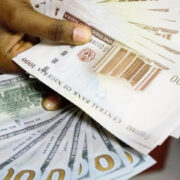


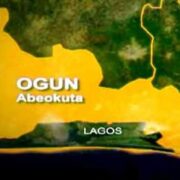
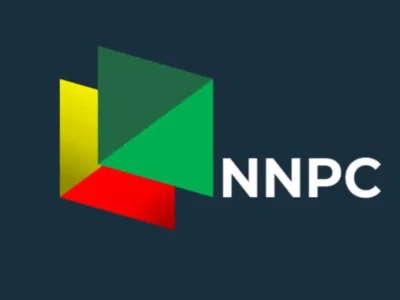

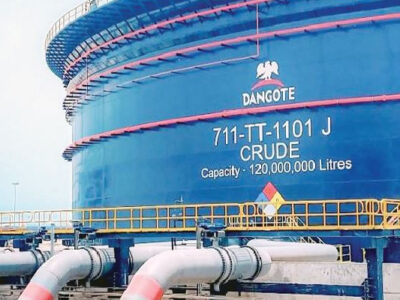
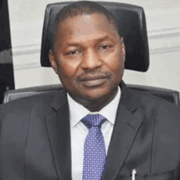


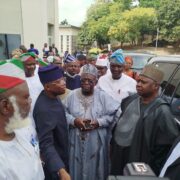









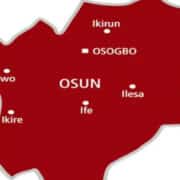
Comments